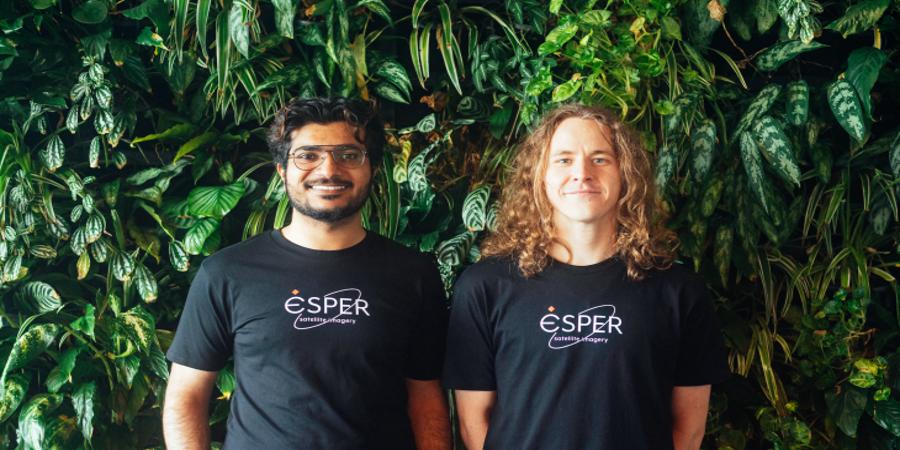Sophie Alcorn, attorney, author and founder of Alcorn Immigration Law in Silicon Valley, California, is an award-winning Certified Specialist Attorney in Immigration and Nationality Law by the State Bar Board of Legal Specialization. Sophie is passionate about transcending borders, expanding opportunity, and connecting the world by practicing compassionate, visionary, and expert immigration law. Connect with Sophie on LinkedIn and Twitter.
TechCrunch+ members receive access to weekly “Ask Sophie” columns; use promo code ALCORN to purchase a one- or two-year subscription for 50% off.
Dear Sophie,
I recently received F-1 STEM OPT work authorization to continue working at the startup I co-founded about a year ago while on OPT. My startup will register me for the H-1B lottery in March, but I’m worried that I won’t be selected. What is the latest with how the USCIS will run the H-1B lottery? Plus, I’ve also been reading that the immigration application fees will increase substantially, so I would like my startup to sponsor me for a visa and possibly a green card as soon as possible before the fees go up. What do you recommend?
— Frugal Founder
Dear Frugal,
Thanks for reaching out to me with your question. I’ve got you! For an early-stage startup, every decision is critical as Alfonso de la Nuez, an immigrant founder with an $800 million+ acquisition, recently shared with me in my podcast. Check out my video about the U.S. Citizenship and Immigration Services’ (USCIS) latest update last night — the lottery will be more fair for early-stage startups and international students and founders: one person, one chance!
You’re right that the USCIS is expected to publish a final rule in the Federal Register this week that will significantly increase application fees. Separately, premium processing fees will also increase in February. The USCIS has confirmed that the H-1B registration fee will remain $10 this year and the lottery will be open March 6 through March 22. You can learn about these updates to the upcoming lottery in our complimentary educational webinar!
For those who qualify, getting approval for an O-1A extraordinary ability visa is a relatively quick process, particularly with premium processing. The Biden administration has made qualifying for the O-1A much easier for startup founders in the STEM field. But the O-1A has remained largely unchanged since it was created by the Immigration Act of 1990, so Lindsay Milliken, an immigration fellow at the Institute for Progress (IFP), is pushing for the USCIS to update its O-1A guidance for startup founders, especially in the area of nontraditional achievements.
The corollary to the O-1A visa, the EB-1A extraordinary ability green card, generally has the quickest processing time among all the employment-based green cards. Keep in mind the bar is high for qualifying for the EB-1A green card, so many recent grads and first-time founders in the STEM field find success with the EB-2 NIW (National Interest Waiver), which can take longer due to green card backlogs.
Source @TechCrunch



